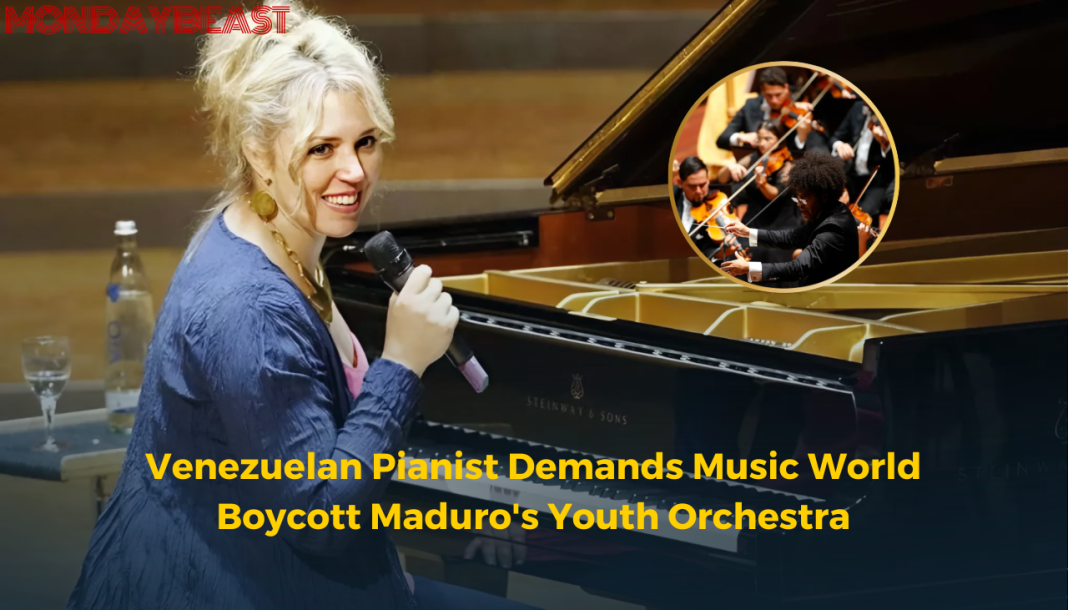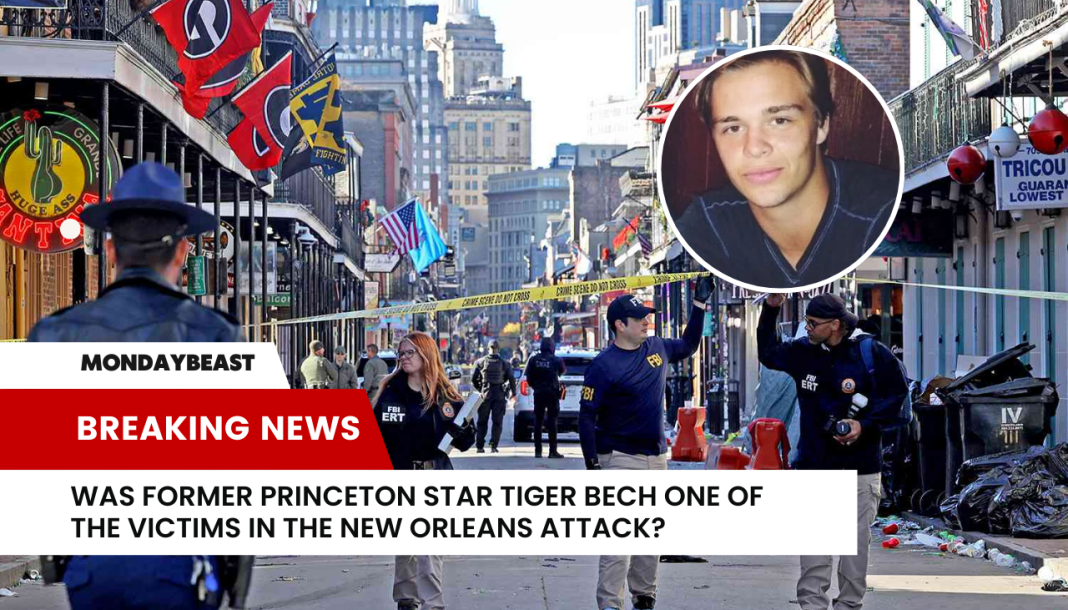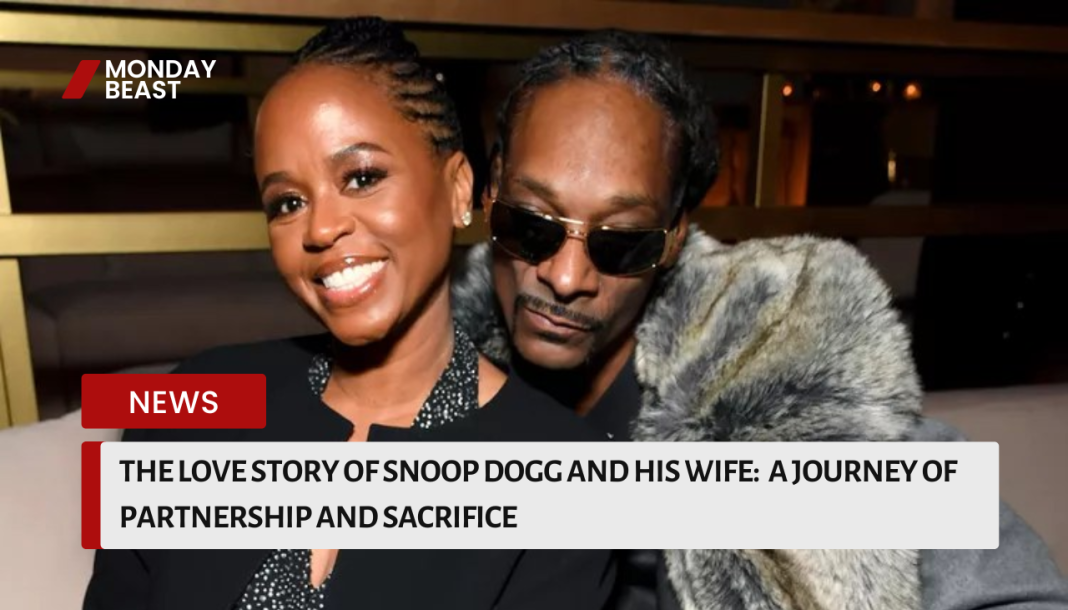Gabriela Montero’s Call for Action
The renowned pianist Gabriela Montero has recently made headlines. She has urged the global music community to sever ties with a youth orchestra closely tied to Nicolás Maduro’s regime in Venezuela.
This call follows allegations surrounding an election, accused of being stolen by Maduro. For Montero, these aren’t just political points. They are deeply personal, tied to her identity as a Venezuelan artist.
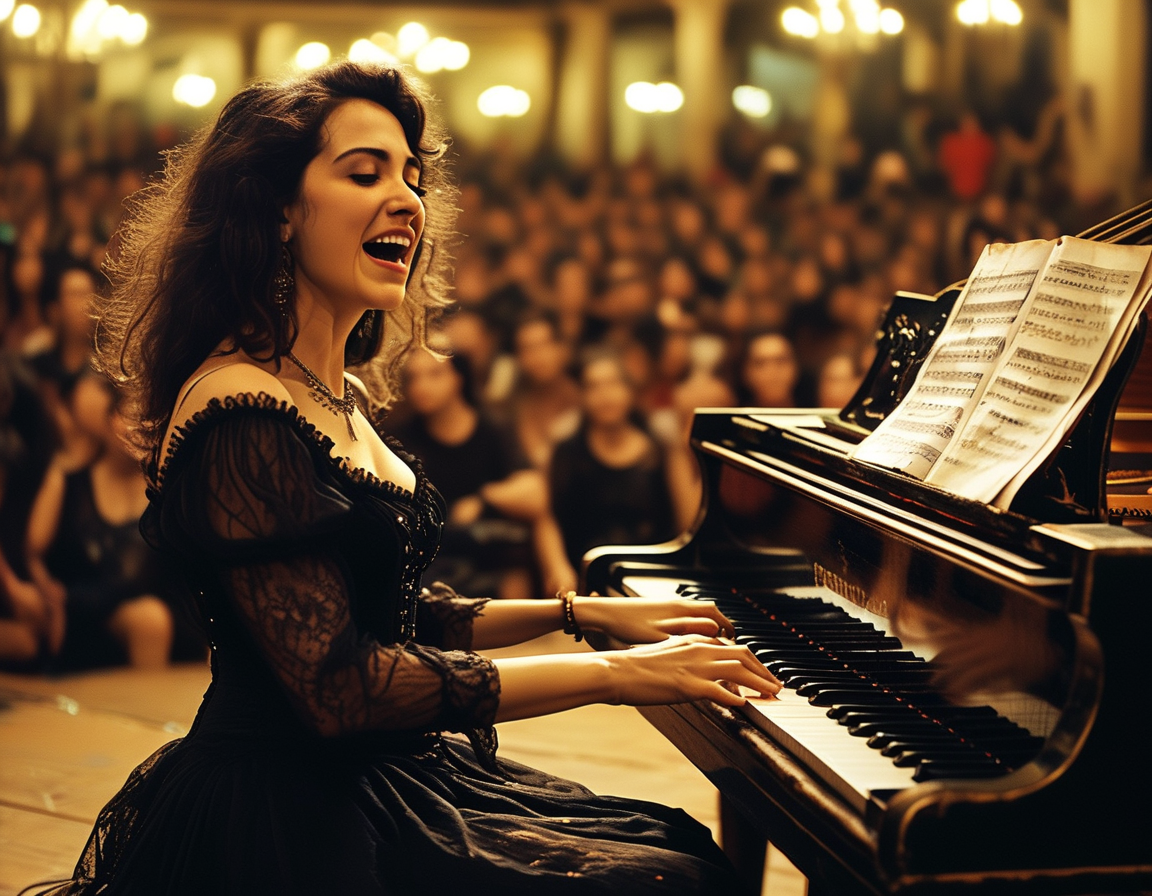
“As a musician from Caracas, I cannot stand by,” she said, urging concert halls to reconsider. It’s not just about music; it’s about standing against oppression.
The Background of El Sistema
El Sistema has enjoyed a prestigious reputation. It’s known for transforming the lives of underprivileged youth through music. Founded in 1975, many orchestras have emerged from this program.
The Simón Bolívar Symphony Orchestra is perhaps the most famous. It has performed globally, showcasing talents that arise from poverty. However, lately, its connection with Maduro raises eyebrows.
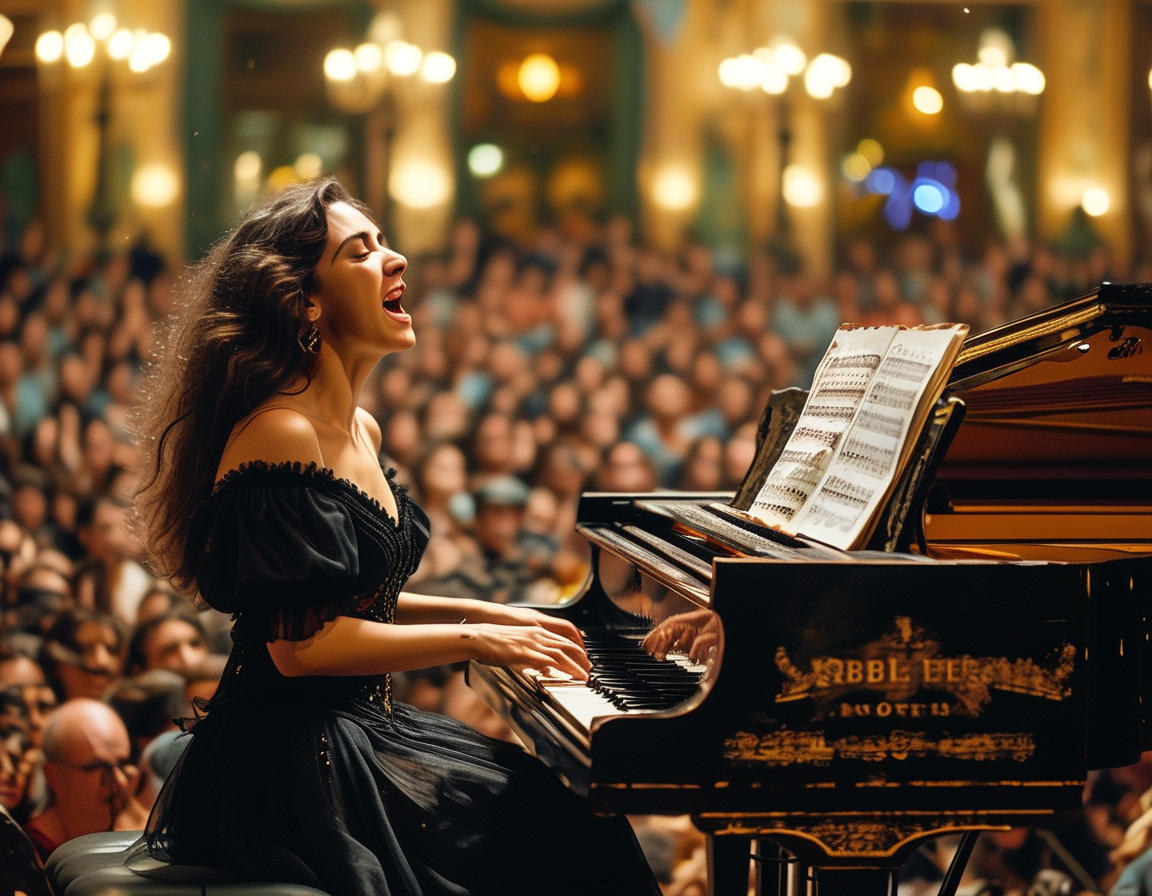
Critics argue that the regime is using the orchestra for its political gain. Just as sports clubs face scrutiny for “sports-washing,” music faces a similar fate. And many in the classical music community are left questioning their role.
International Implications
The upcoming European tour is set against this controversial backdrop. Scheduled for January 2025, it coincides with Maduro’s inauguration. Events like this showcase the tension between art and politics.
Countries such as Brazil and Colombia have criticized Maduro’s government. Leaders from both nations openly refuse to recognize his presidency. It’s a glaring contrast to the celebration of his youth orchestra abroad.
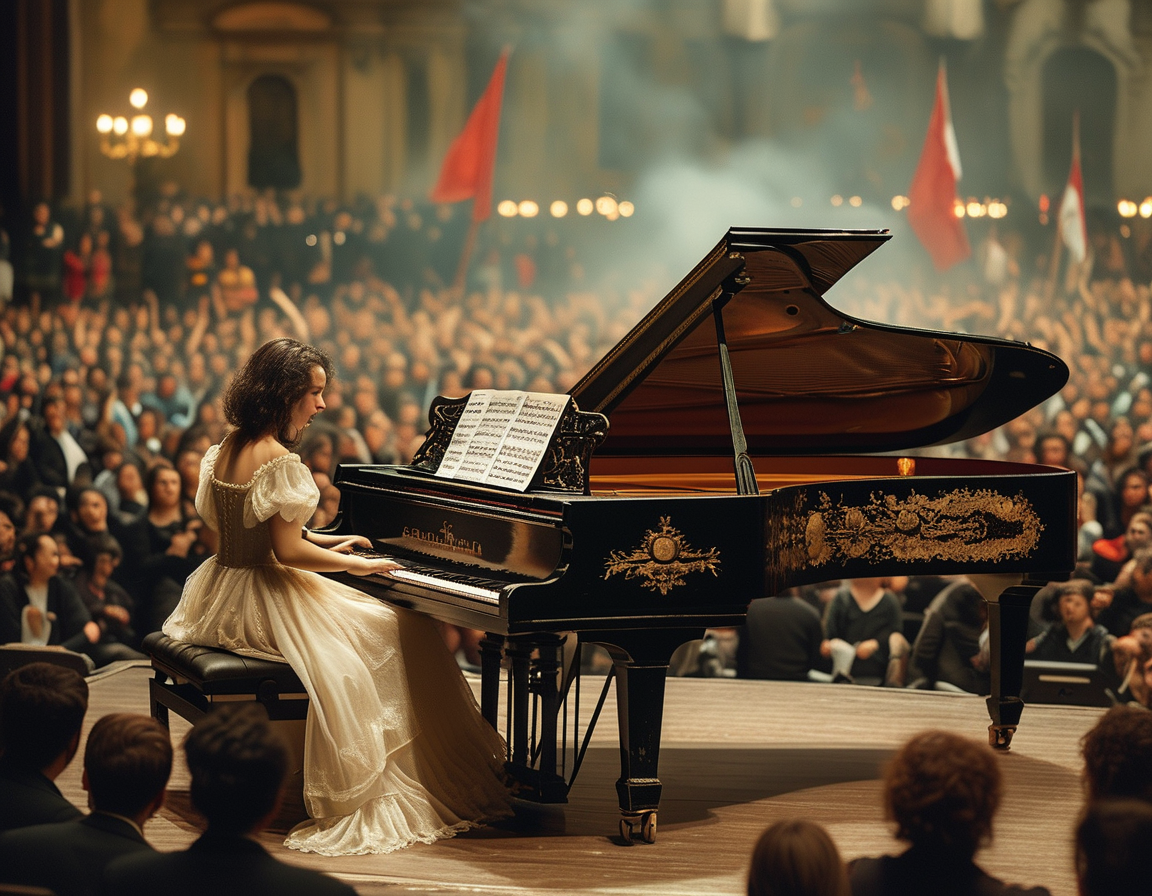
Will these global venues turn a blind eye, or respond to Montero’s plea? The potential for artistic platforms to advocate change is significant as is the responsibility they bear.
A Call for Unity Among Artists
Montero doesn’t just speak for herself. She represents countless Venezuelans suffering under the current regime. “Once we remove the regime,” she declared, “we can restore moral independence.”
She believes that artists globally have a duty to reject tyrannical governance. It’s about more than just music—it’s about standing up for human rights. This coalition against oppression may start with music’s own industry.
Many artists are grappling with the implications of their collaboration. Should their art be a tool for change or a mere escape from reality? These questions linger in the air as Montero’s words resonate.
The Debate of Responsibility
Askonas Holt, a prominent concert promoter, finds itself at the center of this controversy. They celebrate the orchestra’s educational achievements. However, critics suggest that by associating with them, they lend credibility to a harmful regime.
The complex nature of state funding adds layers to the debate. Funding doesn’t equate to endorsement, yet it raises questions. Do institutions need to consider political contexts more deeply?
With the orchestra’s historical achievements, it’s a tough pill to swallow. However, when the state is implicated in corruption, can any connection remain neutral?
Conclusion: The Role of Music in Politics
Music has often been a reflection of society. It mirrors struggles, joys, and political landscapes. Montero’s courageous stance serves as a reminder.
Art isn’t just an escape; it can be a platform for change. The call for boycotts isn’t about negating talent; it’s about acknowledging context. Music must engage with reality, confront injustice, and refuse to be a pawn in a game of manipulation.
In a world where art might hold more weight than ever, how will the community respond? Will they unite behind a common goal? Montero sets the stage for what could be a significant shift in the arts.

